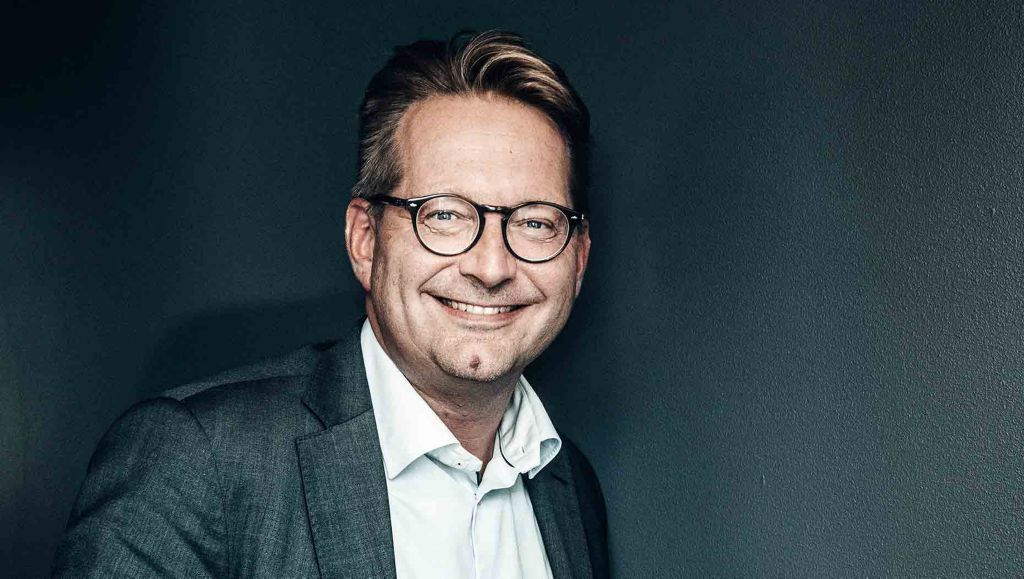Innovation through partnerships


Through internal and external collaborations Niklas Gustafsson and his co-workers drives the research, technology and regulatory agendas within the Volvo Group, assuring technology partnerships and research collaborations to meet future challenges.
“The Volvo Group is a company with high credibility and many stakeholders are eager to collaborate with us. It’s our job to assess the players and work out who we can achieve something really important with. Our target is to spread technologies and solutions that can tackle societal challenges more rapidly, effectively and sustainably”, says Niklas.
Collaboration to make a difference
In 2018 the Volvo Group and LKAB, a high-tech mining and mineral group owned by the Swedish state, together with a number of other companies, entered into a partnership to develop a new global standard for sustainable mining.
“Society is facing a number of major global challenges that impact the transport sector. To find solutions that really make a difference, we need to collaborate closely with society stakeholders, as well as with other companies.
This also impacts our long-term competiveness. It is no longer enough to produce the best, most efficient trucks. We also need to find partnership settings in which we can be involved and deliver complete transport system solutions. We can’t do it on our own”, explains Niklas.
Full system solutions
Charging infrastructure for electric vehicles is an example where collaboration with others is needed. The success in launching electric vehicles is dependent on supporting customers and customers’ customers with a full system solution, regardless of which stakeholder actually builds the charging infrastructure. And there are several system challenges when looking at the coming transport solutions which will, stepwise, be automated, electrified and connected.
“The solutions we have developed in the fields of automation, electromobility and connectivity will be able to make a real difference when it comes to air quality, traffic safety and efficiency.
We also have many exciting partnerships in the pipeline. We have for example started an extremely exciting partnership on electric vehicles in California”, says Niklas.
“It’s our job to assess the players and work out who
we can achieve something really important with.”
Challenges
In the past, things were generally regulated by legislation at national, or in Europe’s case, EU level. Nowadays, rules are increasingly local. A number of cities have introduced their own regulations when it comes to emissions and the type of transport that is permitted in cities.
For vehicle manufacturers, this is a huge challenge that calls for close dialogue with players at many different levels.
“Another challenge is to stay innovative internally within the Volvo Group as well as with external partners and start-ups. To secure we have the right innovation culture, we are now establishing CampX, an innovation arena for technology and business transformation focusing on cross-functional collaborations in Electromobility, Automation, and Connectivity”, Niklas says.
Trends
Historically, the environmental organisations have been largely responsible for pushing politicians to step up the legislation and this has then impacted our products. This is no longer always the case.
Niklas concludes; “As technology developments are taking place at such an incredible rate, we sometimes take the lead and pull other parts of society along.
This is something I think we are going to see more of. As trusted industry representatives, we can’t be afraid to take responsibility for the possible societal changes this new technology might instill”.